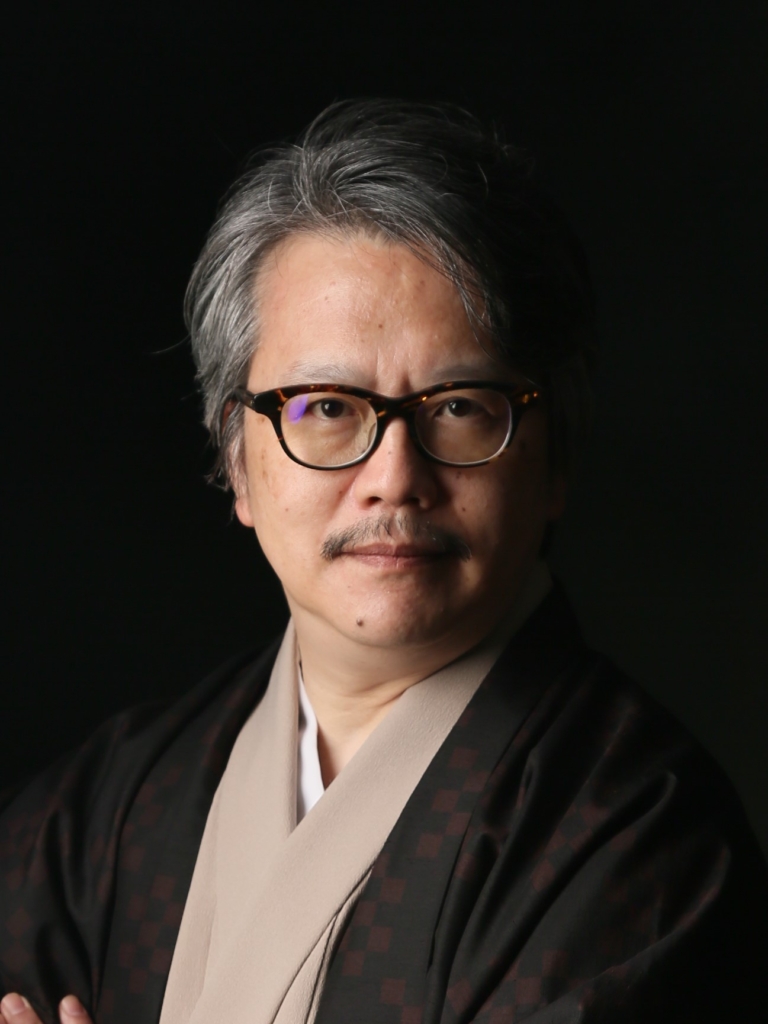
プロフィール
愛知県生まれ。幼少期を南アフリカ共和国で過ごす。浜松医科大学医学部卒業。東京大学大学院医学系研究科・内科学ストレス防御心身医学修了、博士(医学)。千葉大学大学院社会文化科学研究科(文化人類学)単位取得退学。東京警察病院内科、東京大学医学部附属病院心療内科、健生会クリニック心療内科・神経科診療室長、早稲田大学人間科学部助教授、ハーバード大学難民トラウマ研究所(HPRT)・マサチューセッツ総合病院精神科リサーチフェローなどを経て、現在、早稲田大学人間科学学術院健康福祉科学科教授、早稲田大学災害復興医療人類学研究所(WIMA)所長。
1995年発災の阪神・淡路大震災において、内科医・心療内科医として被災地医療に従事。調査研究論文「阪神淡路大震災における心身医学的諸問題(Ⅱ);身体的ストレス反応を中心に」にて第11回(1997年度)日本心身医学会『石川記念賞』受賞。2011年発災の東日本大震災後は、福島県から首都圏への避難者に対する医学心理学的・人類学的調査を行うとともに、震災支援ネットワーク埼玉(SSN)副代表として支援活動を行っている。「原発事故広域避難者のトラウマに対する社会的ケアの構築」の演題発表にて、第16回(2014年度)『身体疾患と不安・抑うつ研究会賞』受賞。「福島原発事故首都圏被害者に持続する甚大な精神的被害-人間科学的実証研究から-」の演題発表にて、第20回(2021年度)日本トラウマティック・ストレス学会・学会奨励賞『優秀演題賞』受賞。
これまでに、東日本大震災および原発事故をテーマにした研究プロジェクトに採択された研究費は以下の通り。
2013年、早稲田大学特定課題(A)研究助成費「災害支援の人類学」(代表:辻内琢也)
2013〜2015年、日本学術振興会・科学研究費補助金・基盤研究(C)「原発事故広域避難者のストレスに対する研究―自殺予防のための社会的ケアモデルの構築」(代表:辻内琢也、連携:増田和高)
2015〜2018年、日本学術振興会・科学研究費補助金・基盤研究(B)「福島原発事故により長期的な避難生活をおくる子どもの福祉・教育課題への学際的研究」分担研究者(代表:戸田典樹)
2016〜2019年、日本学術振興会・科学研究費補助金・基盤研究(B)「東北大震災放射能・津波被災者の居住福祉補償とコミュニティ形成―法学・医学の対話」分担研究者(代表:吉田邦彦)
2016〜2018年、早稲田大学人間総合研究センター・一般研究プロジェクト「復興の人間科学―避難から移住へ、新たなコミュニティ形成に向けたレジリエンスの活性化」(代表:辻内琢也)。
2016〜2019年、日本学術振興会・科学研究費補助金・基盤研究(C)「原発事故被災者の震災関連死・震災関連自殺に対する社会的ケアの確立」(代表:辻内琢也)
2019年〜、日本学術振興会・科学研究費補助金・基盤研究(B)「21世紀型放射能被害など蓄積的損害・大災害の居住福祉救済システムの学際的構築」分担研究者(代表:吉田邦彦)
2020年度からは、日本学術振興会・科学研究費補助金・基盤研究(B)代表者として「原発事故被災者の移住・帰還・避難継続における新たな居住福祉に関する人間科学的研究」を研究テーマとして、早稲田大学災害復興医療人類学研究所(WIMA)メンバーおよび原発事故被災当事者の方々と協働した学際的・学融的研究を展開中。
浜松医科大学医学部・看護学部「医療人類学」非常勤講師。日本心身医学会認定心身医療「内科」専門医。日本医師会認定産業医。
Profile
TAKUYA TSUJIUCHI M.D., Ph.D. is currently a Professor at the Faculty of Human Sciences, Waseda University, and the director of Waseda Institute of Medical Anthropology on Disaster Reconstruction in Japan. After graduating from School of Medicine, Hamamatsu University in 1992, he obtained his license of medical doctor license. He got a Ph.D. (Medicine) in 1999 at Graduate School of Medicine, University of Tokyo where he specialized stress sciences and psychosomatic medicine. After that, he entered another graduate school, the Division of Social Sciences and Humanities, Chiba University in order to study Cultural Anthropology. Since 2003, he has been lecturing Medical Anthropology and Narrative Based Medicine in master and doctoral courses at Waseda University. He is also currently a Lecturer of Medical Anthropology, at School of Medicine, Hamamatsu University, and a board certified specialist physician at the Japanese Society of Psychosomatic Medicine.
During The Great Hanshin (Kobe) Earthquake of 1995, he worked as a volunteer medical doctor for the victims. His original paper “Psychosomatic Problems after The Great Hanshin Earthquake in January 1995; Physical Stress Responses. (Jpn J Psychosom Med 36: 657-665, 1996)” was given the 1997 Memorial Award by Japanese Society of Psychosomatic Medicine. After the Great East Japan (Tohoku) Earthquake in 2011, Prof. Tsujiuchi has been supporting evacuees from Fukushima nuclear disaster as a committee member of the private support group Shinsai Shien Network Saitama (SSN), in Saitama and Tokyo area. He oversaw a research team and made a lot of quantitative and qualitative surveys to evaluate mental health and social sufferings of refugees from Fukushima. In 2013, he stayed in Boston, Massachusetts, in United States as a research fellow in the Harvard Program in Refugee Trauma (HPRT), Harvard Medical School, and Department of Psychiatry, Massachusetts General Hospital.
In 2014, he established the Waseda Institute of Medical Anthropology on Disaster Reconstruction (WIMA), and started organizing holistic research to evaluate medical (including mental health), socio-economic, and cultural issues that occur after disasters. In 2021, His oral presentation “Severe Mental Health Damage Continues to Victims in The Metropolitan Area Due to The Fukushima Nuclear Accident; From Human Sciences Empirical Research” was given the 20th Convention Society Encouragement Award “Excellent presentation award” by Japanese Society for Traumatic Stress Studies in 2021.
